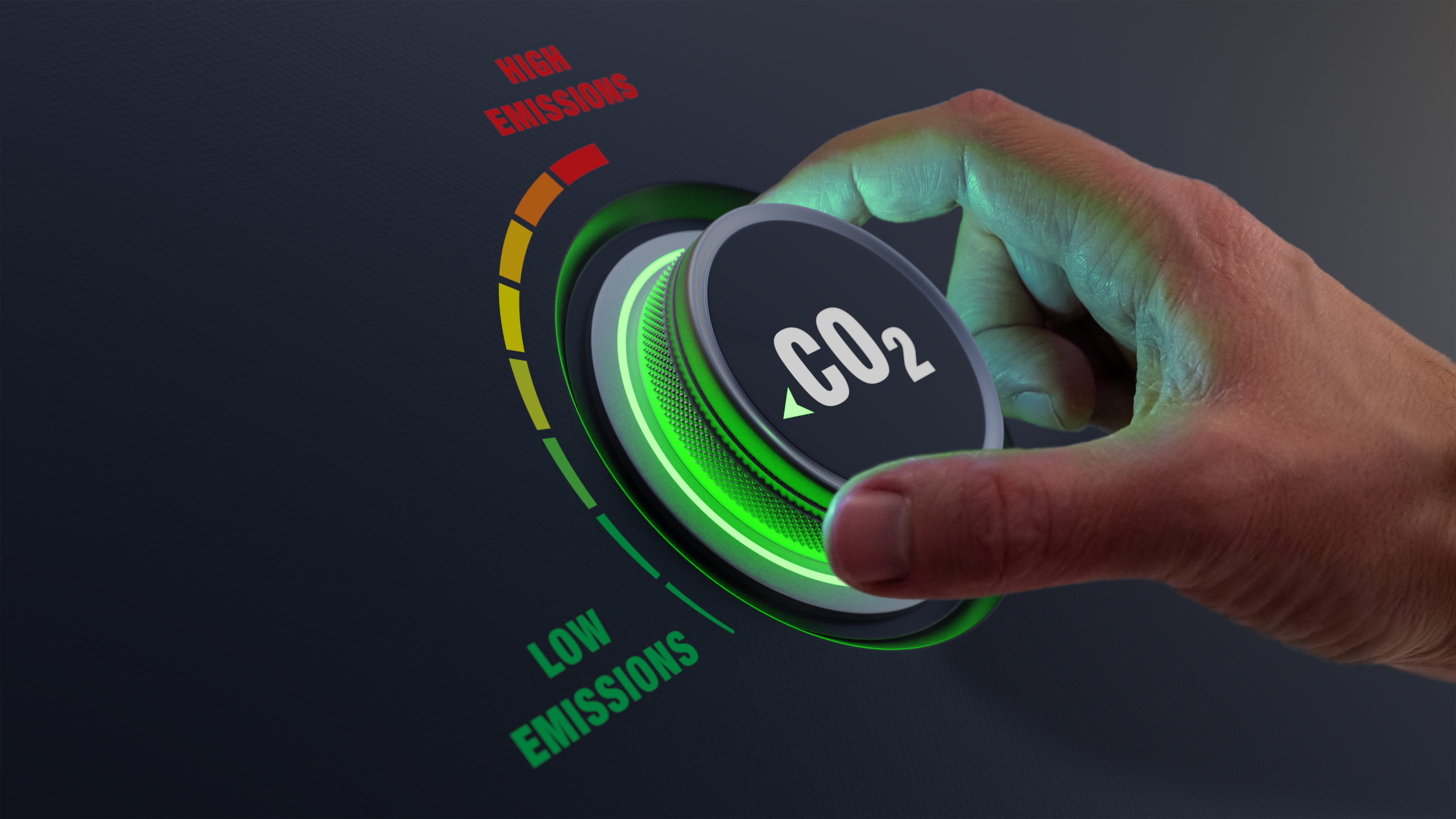As stated in the Communication of the European Commission on the European Green Deal, the topic of clean connectivity will play an essential role in the future. Currently, industries, transport sectors and households still depend to a large extent on traditional fossil fuels. The transition to environmentally friendly energy sources represents a challenge in the Danube Region which features highly diverging characteristics in many subsectors of transportation.
In order to promote effective measures for ensuring the access to affordable, reliable, sustainable energy environmental, economic, political and business should be considered.
EUSDR PA2 – Sustainable energy, jointly coordinated by the Czech Republic and Hungary, has been closely following the developments in the field of sustainable energy use in the transport sector. Their activities focused on cooperating with electromobility associations and developing evidence-based tools to promote clean energy sources.
The study developed by PA 2 in the framework of the activities of the Hungarian EUSDR Presidency in 2017 revealed the role of alternative fuels in reducing air pollution and reaching the transport decarbonisation targets. It highlighted that reducing dependencies on fossil fuels in the transportation sector is important, but caution should be maintained so as not to become overly dependent on alternative fuels (e.g. electro-mobility).
Experts were further involved in preparing an assessment of alternative fuels infrastructure in the Danube Region. It revealed that some alternative fuel technologies were already economically competitive and commonly used in the region; however alternative fuel technologies in passenger vehicles, in some aspects of public transportation were not commonly available and they were hindered by obstacles that were either real or perceived.
As the previous study showed that the use of alternative fuels in freight transportation is almost entirely missing, during the same year PA 2 commissioned another study: ‘Promoting sustainable energy use in the transport sector of the Danube Region’. It analysed two potential policy approaches for promoting sustainable energy use in transport sector and concluded the liquefied natural gas (LNG) seemed to be the most suitable substitute for diesel in international freight transportation for short term, while using liquified biogas or bio‐synthetic gas (LBG) could reduce the emission even more substantially on longer term.
Thanks to these studies, the knowledge base on alternative fuels in the Danube Region is enriched. The experts can make further steps in exploring sustainable models that could be replicated anywhere in the region. Based on these achievements, PA 2 will continue working on promoting decarbonisation and reduction of the air pollutants in the transport sector.
Photo: Shutterstock





